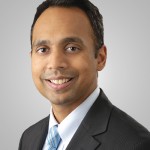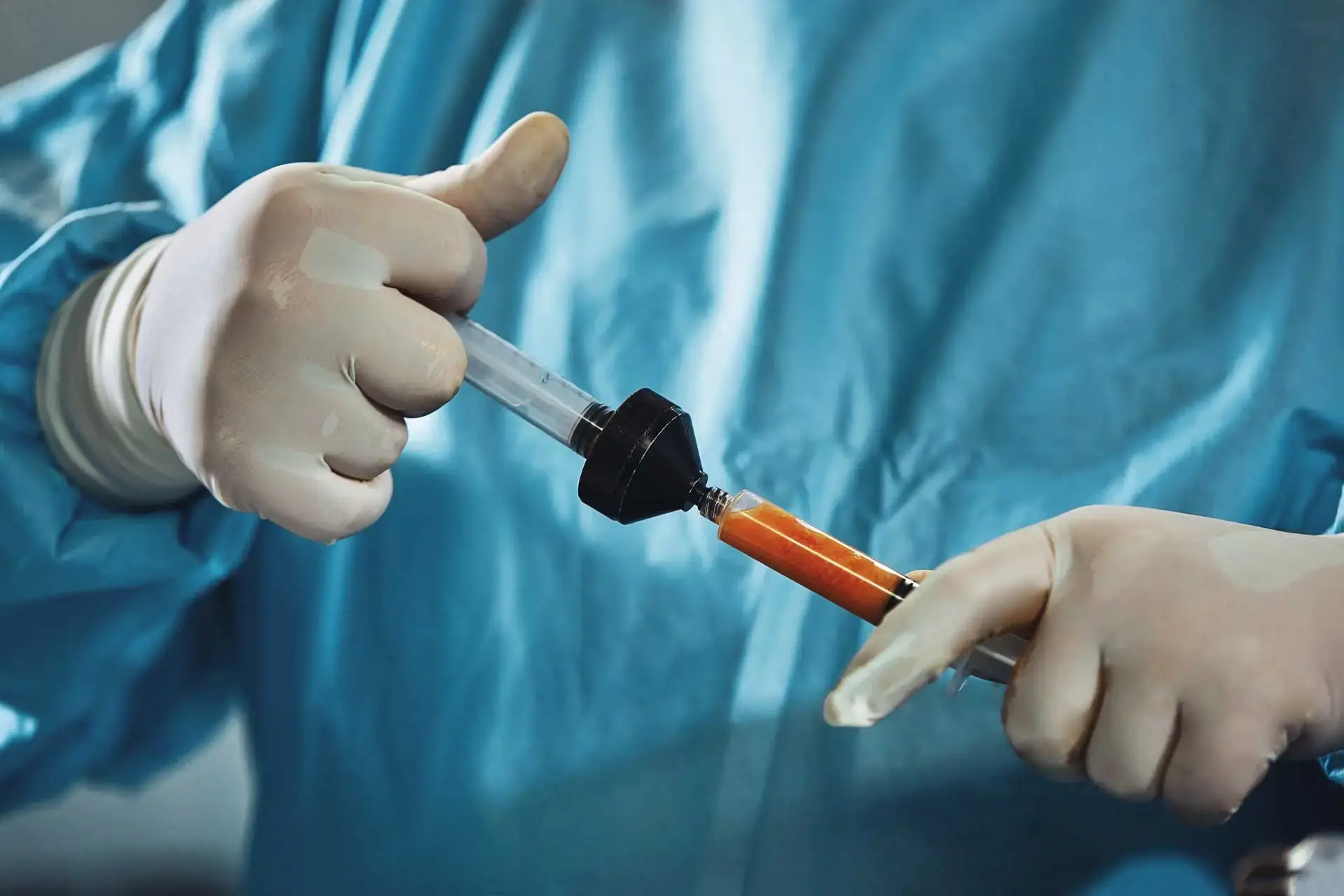Understanding Your Options for Breast Reconstruction

Being told you have breast cancer can be devastating and stressful. You probably have a lot of questions and concerns about your options and what steps you should take to ensure you receive the best care possible. You will be inundated with the decisions you need to make quickly. Learning about your options at a time like this is a lot to do on your own, but help is available to make your journey clearer.
Along with having a board-certified breast surgeon and a medical oncologist, you may also need a board-certified plastic surgeon. This expert will assist you to make some crucial choices regarding breast reconstruction. Some of these are the timing of reconstruction, what type of reconstruction to choose, and how to determine all of your options clearly. In a nutshell, after you see your breast surgeon and for guidance in your reconstruction options, you should consult a board-certified plastic surgeon.
One aspect of your reconstruction is timing. You can choose to have your reconstruction at the time of your breast cancer surgery (immediate), or you can have it as a delayed procedure.
What type of reconstruction you choose is another decision. Reconstruction falls under two categories: Synthetics (tissue expanders and ultimately permanent implants) or autologous tissue reconstruction (using your own body tissue) to form a breast. When choosing which type, considerations include your age, existing concurrent illnesses, your need for chemotherapy and/or radiation therapy, and recovery times.
All of these considerations can be discussed with your plastic surgeon, who will help guide you to make the best decision for your individual needs and preferences.
Our goal as plastic reconstructive surgeons is always to give you back what was taken away with your breast cancer diagnosis, to make you feel whole again, and to support you through the entire process.
About the Author: Dr. Tushar Patel
Specializing in reconstructive surgery following traumatic injury and cancer surgery, Dr. Tushar Patel, MD, FACS, is trained in microsurgery and skilled at performing procedures to treat facial deformities. He also developed the DIEP flap technique and muscle-sparing TRAM flap technique, in addition to being an expert in orbital decompression for Graves’ Ophthalmopathy.











